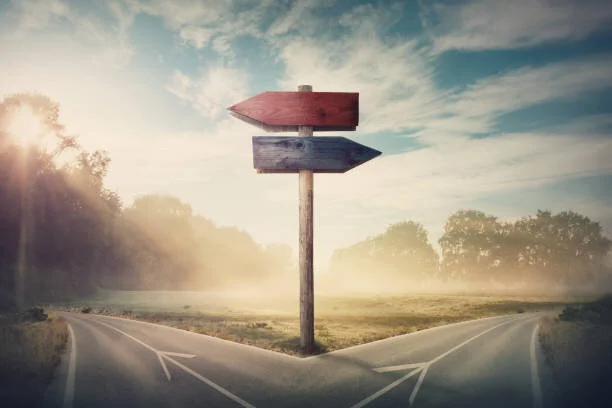Happy equinox.
It’s been some time since the last update from EcoCultureLab. The pandemic cut into our capacity to function locally over the past year and a half, and the web site and blog also took a sharp turn to the slow lane. This post will provide a personal update, followed by a shout-out and request with an eye toward the future of EcoCultureLab, which, as readers may know, aims to serve as a living laboratory for the cultivation of an ecological culture. (Or something like that.)
The Personal Update (preceded by some background)
As a professor of Environmental Thought and Culture (the title I came up with when I was hired, in 2003, and told I could label my field as suited me best), I have worked over the years to instigate collaborations between environmental scholars of all kinds, including “hard” scientists (who make up about half the faculty in my school, the Rubenstein School of Environment and Natural Resources), and artists and cultural activists. At some point, these took the form of a group called BASTA!, short for “Bridging the Arts, Sciences, and Theory for the Anthropocene,” which started organizing meetings, talks, and arts events (such as the 6X Howl).
With the help of an endowed professorship from the Steven and Beverly Rubenstein Charitable Foundation and support from the School named after that former alum (Steven), I decided, with the support of BASTA colleagues, to name this work “EcoCultureLab” in 2016. The following year, an excellent group of people including, but not limited to, those listed here began seeking funds and organizing a multi-disciplinary event, which turned into the multi-day extravaganza Feverish World: Arts and Sciences of Collective Survival. We couldn’t have done that without the support of the Gund Institute for Environment, the UVM Humanities Center, the already-mentioned Rubenstein Foundation, or several other active partners — and without many dozens of artists, speakers, students, and other participants, including folks from Champlain College, St. Michael’s College, the Generator, Burlington City Arts, and the Abenaki Nation of Missisquoi (among others). It was a festive event meant to concentrate our attention creatively on the difficult times ahead. (Some of it is documented here and on this web site, with a catalog hopefully still in the works.)
We knew those times were coming, but not necessary how quickly they would be here.
We followed up Feverish World with some smaller events, initiated a regular series of gatherings in downtown Burlington and an ongoing series of “research raps” (which fizzled out with the pandemic), and continued to support other activities, including the launch of Media+Environment journal and a few other projects.
Many people have participated in these events, and in my coordination of them I’ve been helped especially by steering committee members Cami Davis, Tina Escaja, Nancy Winship Milliken, Al Larsen, and Rebecca Schwarz; by several wonderful research assistants/associates including Finn Yarbrough, Tatiana Abatemarco, Dan Cottle, Courtney Smith, and Haley Sommer; by the indefatigable Cathy Trivieres (who’s sadly moved on from the Environmental Program); and by many others listed here (and not listed). Some of those activities continue in different forms, though the core funding for EcoCultureLab has dried up.
All of that said, the Covid-19 pandemic has shown me a few things: (1) that it takes a lot of energy to carry on when there are no natural “convergence spaces” (those always take time and effort to set up, and much more of both during a pandemic), (2) that my own energy is dispersed between too many projects to do justice to the EcoCultureLab vision (those projects currently include as many as five books in progress, the aforementioned journal, and multiple other things), and (3) that this coming year is probably altogether impossible for me, since I will be traveling on a sabbatical from December into next summer (with a stint as a visiting scholar at the University of California Santa Barbara’s Carsey-Wolf Center, among other things).
The Request
This message is, then, a call out for those who are interested in pursuing EcoCultureLab’s vision of melding the arts (and humanities) and the sciences (and scholarship) toward the growing of an ecological culture, starting locally here in Burlington but networked outward to other places far and wide.
Specifically, it is for someone with the initiative to gather up the somewhat scattered, but still present, forces — people, organizations, desires and motivations, et al. — in the Burlington area, including among our participants who’ve been telling me they are interested in getting EcoCultureLab “back to work”; to seek out funding, as necessary; and to potentially take the helm of this quasi-entity we call EcoCultureLab.
If you are interested in this and have a bit of time, energy, and motivation to spare for this kind of work, please reach out to me at ecoculture@uvm.edu and let me know. There is, unfortunately, no salary attached to the position — finding further funding is one of the tasks to take on, but there are certainly places to start doing that.
What there is, is energy (currently somewhat dispersed, but still in circulation), a cool name (EcoCultureLab) and an articulated “ecotopian” vision, mailing lists, a listserv, many students and faculty (here at the University of Vermont, and some beyond it) with an interest in getting involved in such things, and a wide opening for possibility. Since EcoCultureLab is affiliated with the University of Vermont, and most closely with its Environmental Program, a connection to one or the other would be appropriate. But since it operates at the interface of the university and the community, and currently does not depend on funding from the university, it isn’t necessary. There’s no reason why EcoCultureLab couldn’t take on a life outside the university.
If you are the person to move this vehicle forward — or if you have ideas for how to do it — let us know!
Image source: Getty Images/iStockphoto (created by Bulat Silvia)
